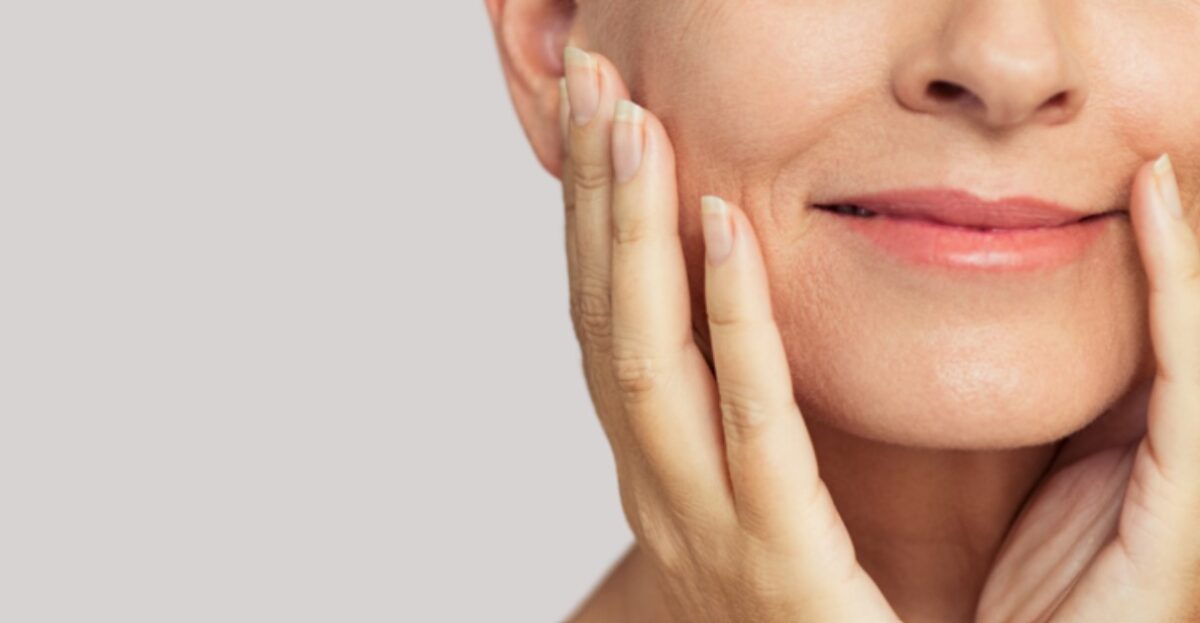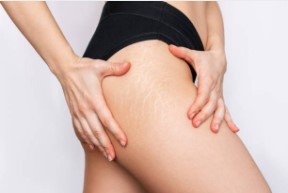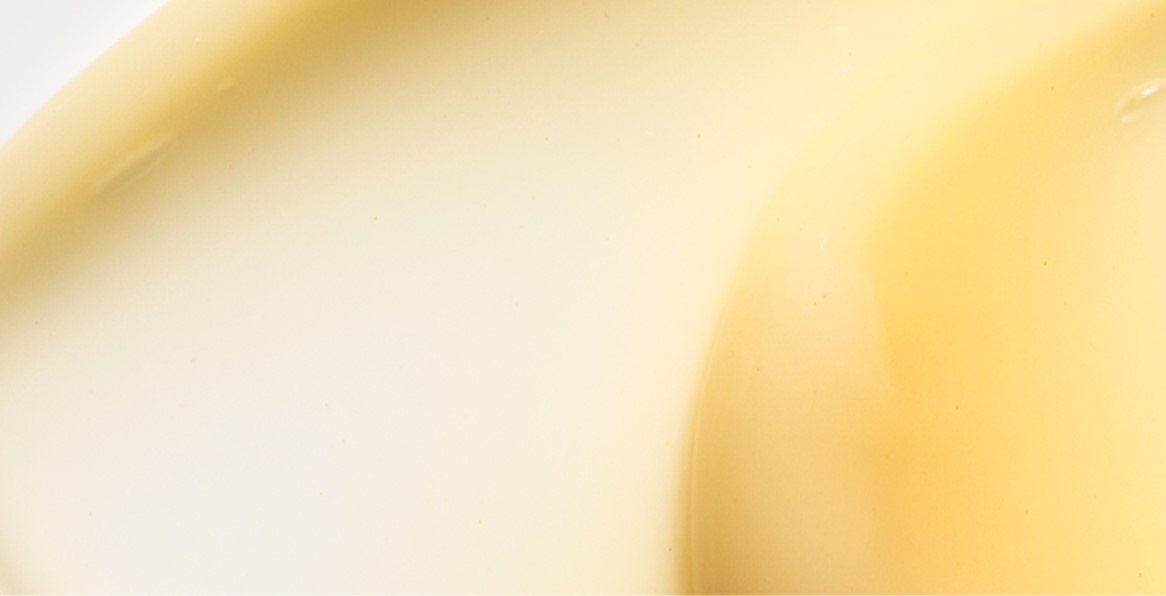Balanced Hormones
How do hormones affect skin, thank you to our friends at Alumier for this information…..
Sebum production (or oil production) is a key element in how our skin looks and feels and is controlled by hormones.
At the most basic level, if we produce too much testosterone, it’s likely to lead to blemishes. High doses of oestrogen can suppress oil production, then we experience dryness and wrinkles start to appear.
Our sebaceous glands have receptors on them; if there’s more testosterone whooshing through the body in our blood, then these receptors notice and start to produce more oil. Conversely, very high doses of oestrogen will suppress oil production – also a problem.
Oestrogen is key in the production of collagen too – which helps to keep skin smooth, resilient and plump. Ideally, these two hormones, alongside a multitude of others, including progesterone, need to be in balance for our skin to stay balanced, healthy, smooth, and blemish-free. Let’s take a deeper dive….
Breakouts
Higher levels of testosterone and progesterone can disrupt sebum levels in the skin. The excess sebum combines with dead skin cells and dirt and becomes trapped in pores leading to blemishes. Typically, Progesterone peaks during the luteal phase, which occurs during the second half of the menstrual cycle after ovulation – The first few days of a cycle are part of the follicular phase when progesterone levels are low. Reach for salicylic acid which can deep cleanse pores to help prevent breakouts.
Retinol can boost our skin’s natural exfoliation leading to a shorter lifespan of a blemish too, hurray! Our team can guide you through this process, so you have exactly the right skincare for your needs.
Testosterone fluctuations happen during puberty, pregnancy and thanks to some medications; not to mention as a manifestation of stress, so it’s worth speaking to your healthcare provider for advice and support, too.
Discoloration
Huge life changes come in many guises, but let’s face it, both pregnancy and the menopause are up there. Along with redefining who we are, and navigating the mood swings caused by hormones and myriad physical changes, there goes our skin, seemingly randomly developing patches of discolouration.
There are varying types of discoloration, but it particularly shows up on the upper lip, cheeks and neck. It can be down to sun damage and Post Inflammatory Hyperpigmentation but, if hormonally related, it usually is down to oestrogen fluctuations.
Dry Skin
Disruption to all hormones, and particularly oestrogen, during the perimenopause and menopause, can affect sebum levels in the skin and lead to dryness.
Oestrogen helps to support collagen production, meaning as it naturally starts to wane, the ageing process is accelerated with more wrinkles, fine lines, and loss of skin elasticity (joy!).
Surprising Things to Consider
Synthetic hormones like the Pill or HRT
If you’re experiencing skin issues and taking hormones, there’s a chance there could be a connection & you need to seek help to decipher what is best for you, so make an appointment. We also recommend keeping a diary that details changes in your skin and when they occur in your cycle.
Stress and cortisol
Cortisol is another hormone that increases oil production in the skin. We release more cortisol if we’re stressed and that can lead – in the same way as testosterone – to more blemishes.
Cortisol is a catabolic hormone which means it breaks down tissues. If we have too much, it suppresses collagen production AND starts breaking down our existing collagen as well as causing breakouts (it’s enough to stress us out).
Dealing with stress is key to helping skin, but also to a happier life, so find a way that helps you to let it out, whether that is yoga and breathwork, talking with friends, therapy, or boxing – whatever floats your boat.
Nutrition
A balanced diet that includes a variety of fruit and vegetables …. eat the rainbow – is important for overall health.
Excess sugar is linked to a variety of hormonal imbalances, alongside processed foods, caffeine, and alcohol. We also recommend making sure you are staying hydrated throughout the day.
When it comes to hormones it can be hard to decipher what’s going on, but if you suspect any issues, come in and see us for a consultation.
Please get in touch or book in with one of our Experts here, if you want to have a quick chat, please do give us a call on 01932 731762




